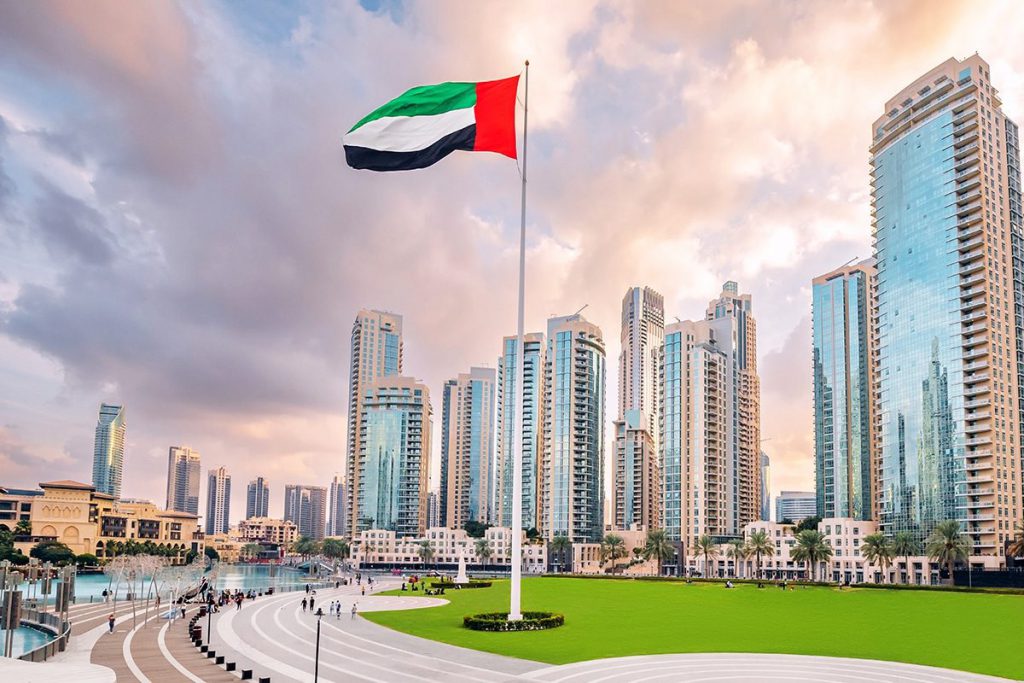UAE Cements Crypto Dominance as Ripple and Solana Double Down on Dubai Deals
The desert just got hotter for crypto skeptics. Two back-to-back blockchain megadeals—Ripple’s regulatory sandbox partnership and Solana’s free-trade zone expansion—prove the UAE isn’t just dipping toes in digital assets. They’re building the oasis.
From sand dunes to blockchain hubs
Dubai’s virtual asset regulator (VARA) now counts both protocols as marquee clients, with Solana reportedly eyeing a regional HQ. The play? Position the Emirates as the Switzerland of Web3—neutral ground for institutional cash and degens alike.
Wall Street’s FOMO moment
While US regulators sue everything that moves, Abu Dhabi’s sovereign funds quietly stack crypto infrastructure. The irony? Oil money might just bankroll the very tech that’ll make petrodollars obsolete. Try spinning that at your next Davos panel.
The message to rivals is clear: bet against this regulatory arbitrage at your peril. Just don’t expect the Lambo dealerships to start accepting barrels of crude.
 Source: CoinStats
Source: CoinStats
UAE Makes Deals With Ripple & Solana as Dubai Becomes Crypto Hotbed
The cryptocurrency industry may never have had so much mainstream attention as it boasts in 2025. There is a regulatory shift taking place on a global level, with the United States firmly on the side of embracing the asset class. Indeed, the TRUMP administration has not been shy about its high hopes for the sector’s future.
However, for as involved and focused the US has been, they may not yet be in the leader house as far as digital asset acceptance and support. Indeed, deals with both Ripple and solana have solidified the UAE as a global force for crypto adoption.

This week, financial authorities in Dubai announced a deal with the two crypto networks. The decision is seeking to greater integrate the asset class into its overarching economic system Firstly, the Solana Foundation signed a memorandum of understanding with Dubaits VIRTUAL Assets Regulatory Authority (VARA).
That deal will see the promoted collaboration of both regulators and the blockchain. They have signed on to share committing in education, talent acquisition, and assessments of thenetworks economic impacts.
Alternatively, Ripple’s RLUSD stablecoin has been approved by the Dubai Financial Services Authority (DFSA) for use in its financial sector. Indeed, the fiat-based crypto is now set for integration in the UAE’s Dubai International Financial Center (DIFC) in what is a major win for Ripple. Moreover, it’s another sign that the country is at the forefront of cryptocurrency usage, adoption, and integration.

